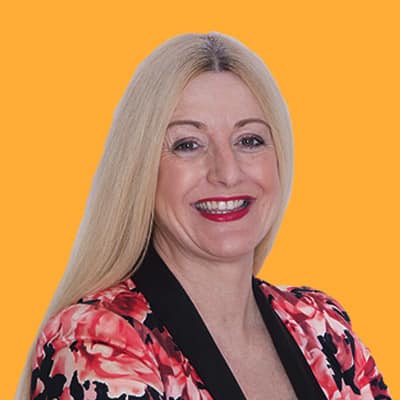One of the most controversial topics both in education and at home in recent years has been centred around the use of pronouns to identify children in the classroom.
Educators have lost their jobs or been suspended for refusing to use specific pronouns requested by their pupils. Parents have taken schools to court for referring to their children using pronouns not approved by them. Many believe that being woke has gone too far and that schools are being drawn into a state of political consensus!
The Oxford dictionary defines a pronoun as a “word that can function by itself as a noun phrase and that refers either to the participants in the discourse (I, you) or to someone mentioned elsewhere in the discourse (she, it, this)”.
Most commonly used pronouns are:
- He / Him
- She / Her
- They / Them
The pronoun of Ze, pronounced ‘zee’, which can also be spelt as Xe, is a now commonly used pronoun that does not show a particular gender.
Most parents and educators would wholeheartedly agree that referring to people by the pronouns that they determine are correct for themselves is a basic human right, and that all should teach respect and acceptance of others.
The issue is that many educationalists and parents feel that the use of pronouns appears to have been turned into political statements and mandates that have become a hot bed for discussion. It seems that not a day goes by when the world-wide media does not report a related article or public comment on the issue!
Certainly, as educationalists, one has been made to feel that this area of education is not objective or neutral. Controversially, the British government has allowed LGBTQ+ charities to send materials into Primary schools that have been adopted as part of the curriculum without parental involvement, union involvement or governmental approval!
This has caused great concern for parents when young pupils have then been asked to make clear which pronoun they would like to be identified as!
This is a very complex area of education, and forcing children to declare their pronouns at such a young age is not allowing for their natural developmental processes to take place.
One must be very conscious that opposite opinions can be formed by children if they don’t feel like a typical girl or boy, they may then believe themselves to be transgender! What happened to the past when boys and girls were free to have feminine and masculine traits, without having to adopt a definitive label or, indeed, be asked to?
One cannot overlook the fact that gender identity has a huge amount of social influence and that, if one is critical of any area, jobs are lost, people are cancelled, and discussions are shot down.
It is crucial as parents that you both know and understand how the area of gender identification is being implemented at your child’s school. What is the school’s Gender Identification Policy? Ask to see it and talk it through with the teacher in charge. How are students referred to at school? Are they asked to state the gender that they want to be referred to as? Ask yourself as a parent how you feel about this. It is important that both you and the school are in agreement.
As parents and educators, I do believe that all children, irrespective of age, should be taught and shown inclusivity, equity, diversity, and kindness throughout their lives, be it at home or at school.
The issue of how children understand themselves and find their place in the world through the gender that they identify with surely must be more neutral and open to allow children to grow and develop without such a harsh focus on gender identity.
All aspects of their developing identity must be allowed to flourish.
Educationalists can be supportive and respectful of gender without encouraging conformity to society’s current trend. Self-identification from a young age can have far-reaching psychological and social implications for our children, their families, and their place in society.
A gender equal society would be one where the word gender does not exist; rather one in which everyone is free to be themselves!
By Penelope Best,
International Education Consultant















